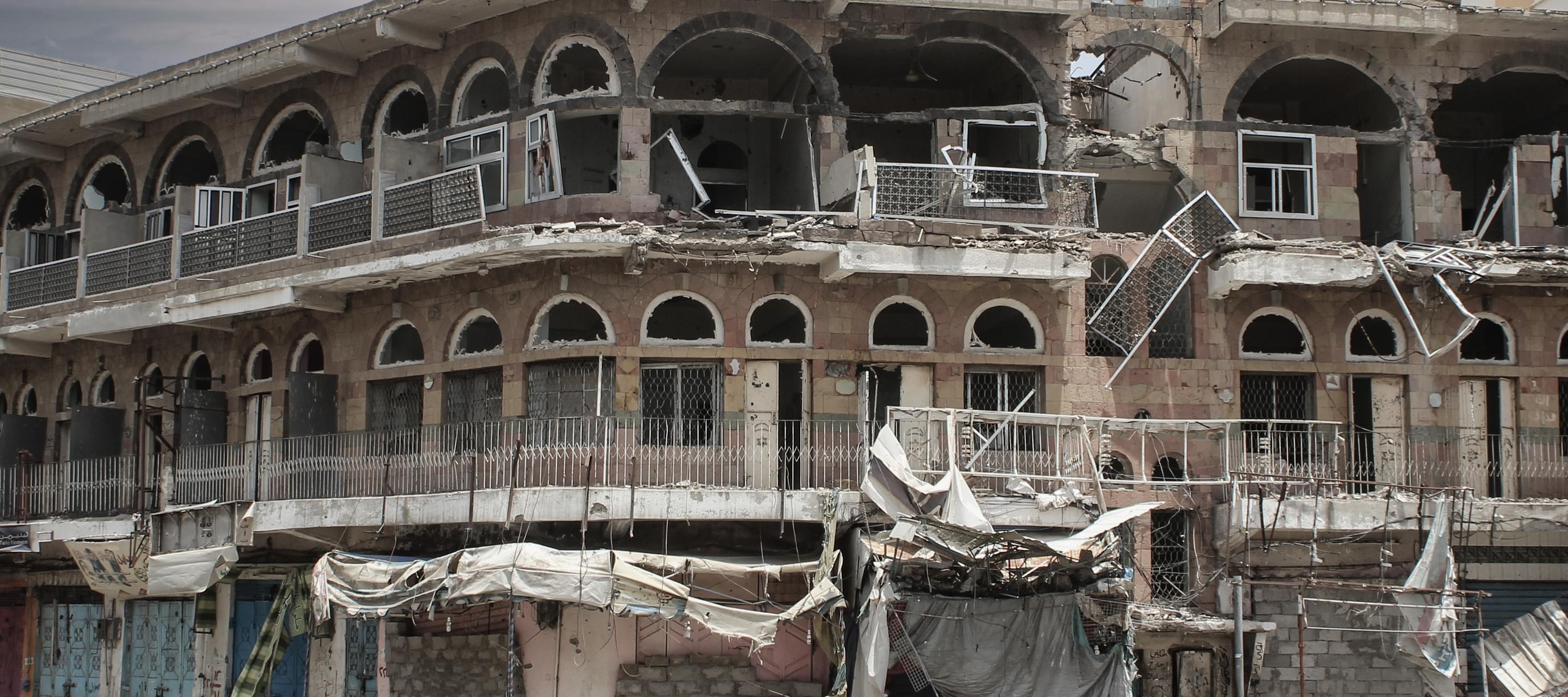From red to green flags - respecting human rights in high-risk countries
27 April 2011

Companies operating in weak governance zones or dysfunctional states face multiple human rights risks, and their actions may pose risks to others.
Building on the UN endorsed Protect, Respect, Remedy framework on business and human rights, this IHRB report explores the specific human rights dilemmas and challenges facing companies operating in such contexts and provides detailed guidance for business leaders in meeting their human rights responsibilities.
It is designed to assist corporate managers as well as NGOs, governments and academics with an interest in business and human rights and related fields.
In a related IHRB commentary, Nick Killick, the lead author of the Green Flags report, discusses the challenges ahead for companies in ensuring they respect human rights when operating in countries where governments are failing on a widespread basis to fulfill their own obligations.





